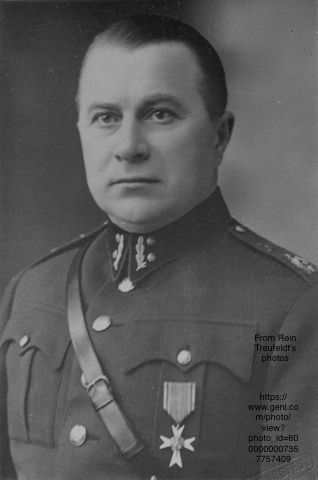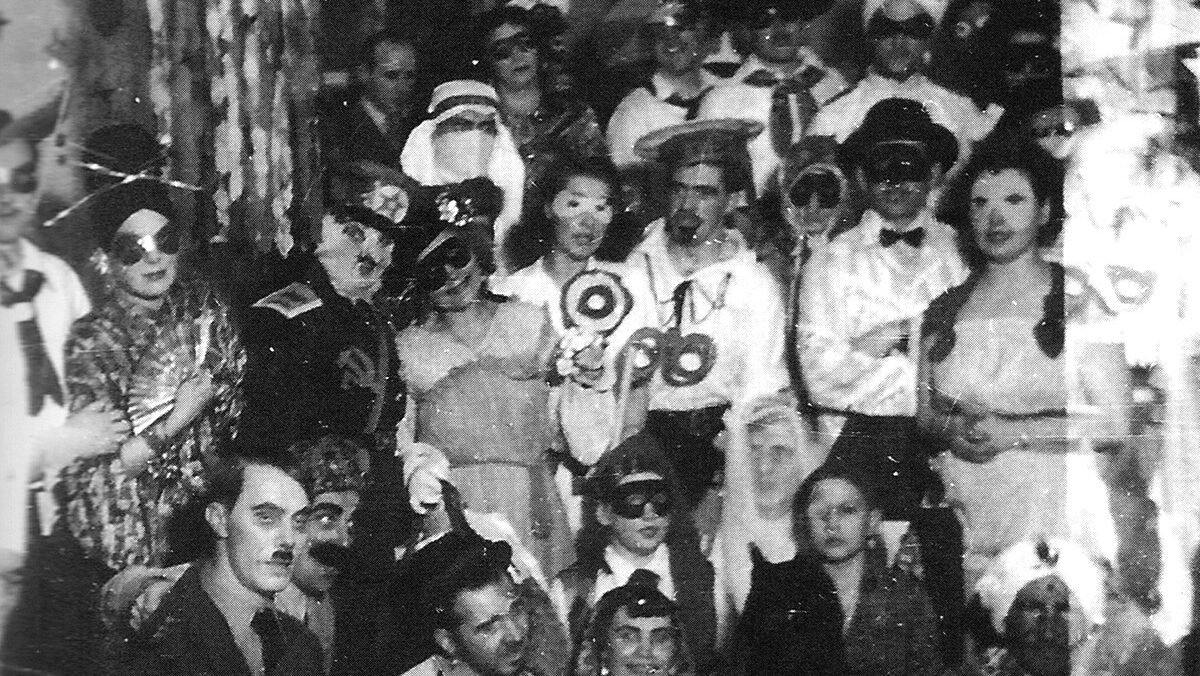One's home could be burnt to the ground, family members senselessly massacred. If you were lucky, you could escape to a foreign land, but would need to learn a foreign language and study for a new career while working at odd jobs in between. Often, years later, you learned the fate of your cousins, aunts, and uncles.

One of my most vivid childhood memories was when my father received unexpected news that his mother's brother, Jaan Treufeldt, had “escaped” from Siberia after spending 20 years there as a political deportee. As a child in early elementary school in Canada, I imagined it to be a real Indiana Jones and the Temple of Doom style adventure story!
Treufeldt was arrested by the Soviet government on February 15th, 1941 because, as a successful industrialist, politician, newspaper publisher, and lawyer, he was a person of influence. He was pro-Estonian independence and not pro-communist. Several months later his younger brother, Otto Treufeldt, a major, commanding officer in the Estonian army, was arrested on June 15th, 1941 and deported to the Gulag slave/prison camp in Norilsk, Siberia where he died in 1943. His name is listed in the Kommunismi-ohvrite memoriaal in Tallinn. His deportation occurred at the same time that approximately ten thousand Estonian citizens were deported to Siberia. Deportations and "disappearances" were very common in these early years when the Soviet Union first occupied Estonia. For example, the plaque on Steinbeck House, Toompea, (“In Memoriam, Kommunistliku terrori tagajärjel hukkunud Vabariigi Valitsuse liikmed”) lists the names of 66 government members, over 80% of whom died between 1940 and 1943.
Become a subscriber to continue reading!
Every week we bring you news from the community and exclusive columns. We're relying on your support to keep going and invite you to subscribe.
Starting from $2.30 per week.



